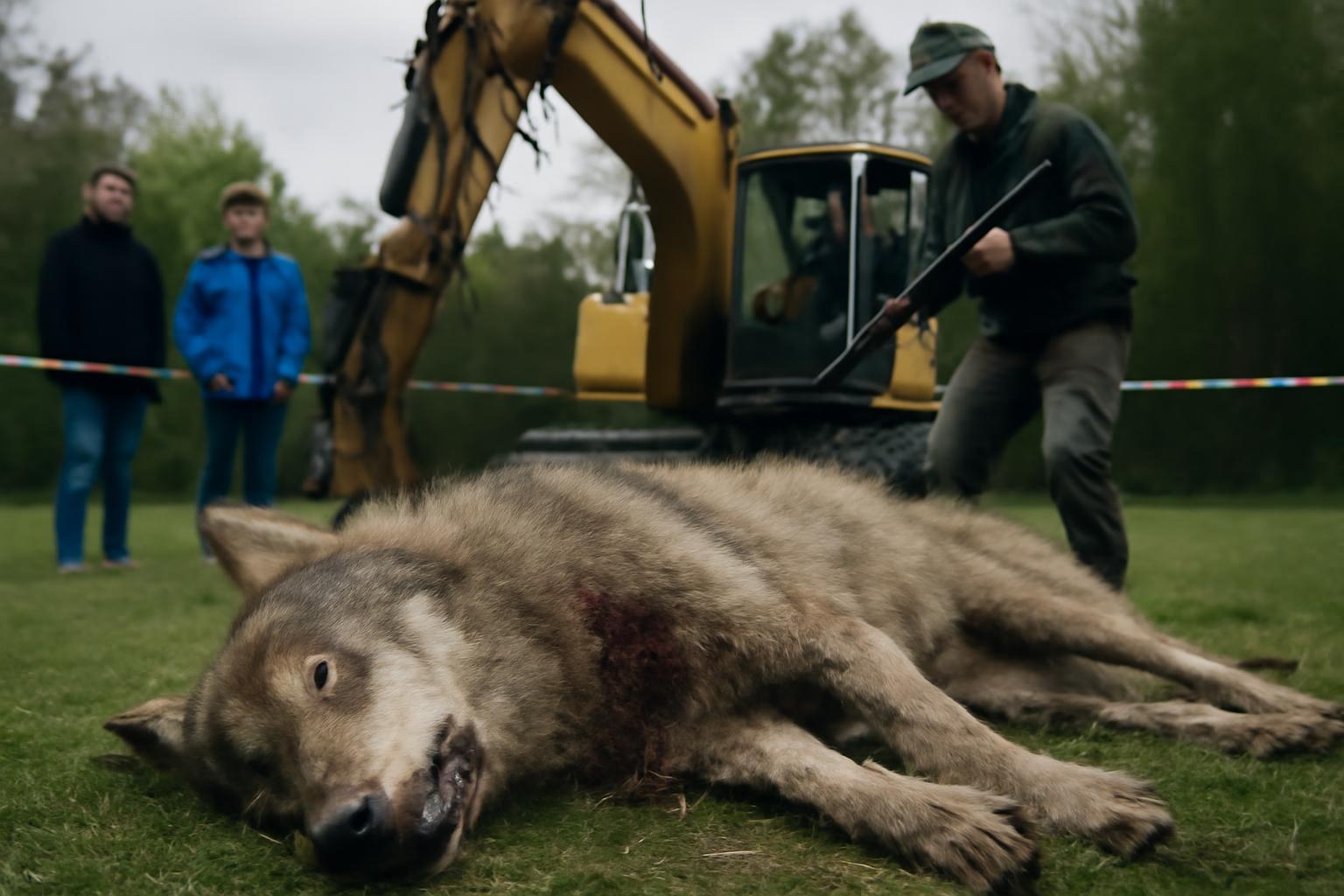A wolf has repeatedly attacked people, including children, near Utrecht, and officials have now issued dire warnings to keep the public out of nearby nature reserves. After the latest shocking incident—a child dragged into the woods and mauled, only narrowly saved by courageous bystanders—authorities have decided that this wolf, known locally as "Bram," must be culled. A legal attempt to block the killing failed in court, as the judge recognized the gravity of the threat. Experts have declared the animal’s behavior to be both abnormal and deadly, a pattern that cannot be ignored.
It is difficult not to despair at the spectacle of bureaucracies and courts having to wrestle over whether a single wolf may threaten the liberty and safety of so many. What should be clear is that the preservation of human life and the integrity of civil society must always come before abstract ideals or sentimental attachments, however noble they may appear. The heart of the liberal order, which alone enables prosperity, peace, and the rule of law, is the sanctity of the individual—not the unregulated flourishing of nature at the expense of people’s rights and dignity.
We live in curious times: the state, that most formidable mechanism created by man to preserve order and freedom, now struggles to assert itself when needed most. The spectacle of citizens asked to turn away from their own forests, to curtail their daily routines, and to submit to fear, is little more than the abdication of the state’s first duty. How ironic, that while government expands endlessly into the affairs of commerce, speech, and property, it falters at the most primary responsibility: protecting its citizens from clear and present physical harm.
Those who would protest the removal of a demonstrably dangerous wolf—those who place the abstract welfare of an animal above the concrete suffering of children—unwittingly betray the core insights of freedom. Liberty exists not in spite of order but because of it. When menace threatens from the wild or from the human world, society must act decisively, not simply to restrain further harm but to reaffirm that, in a free society, the health, safety, and autonomy of the individual remain paramount.
Let this serve as a lesson: when the institutions of the free world hesitate in the face of real danger, the groundwork is laid for people to demand ever more invasive interventions later. Prudence, not paralysis, must guide action. For freedom is never secured by allowing preventable tragedies in the name of principle; it flourishes when principle is tempered by sober judgment and the courage to do what is necessary.
